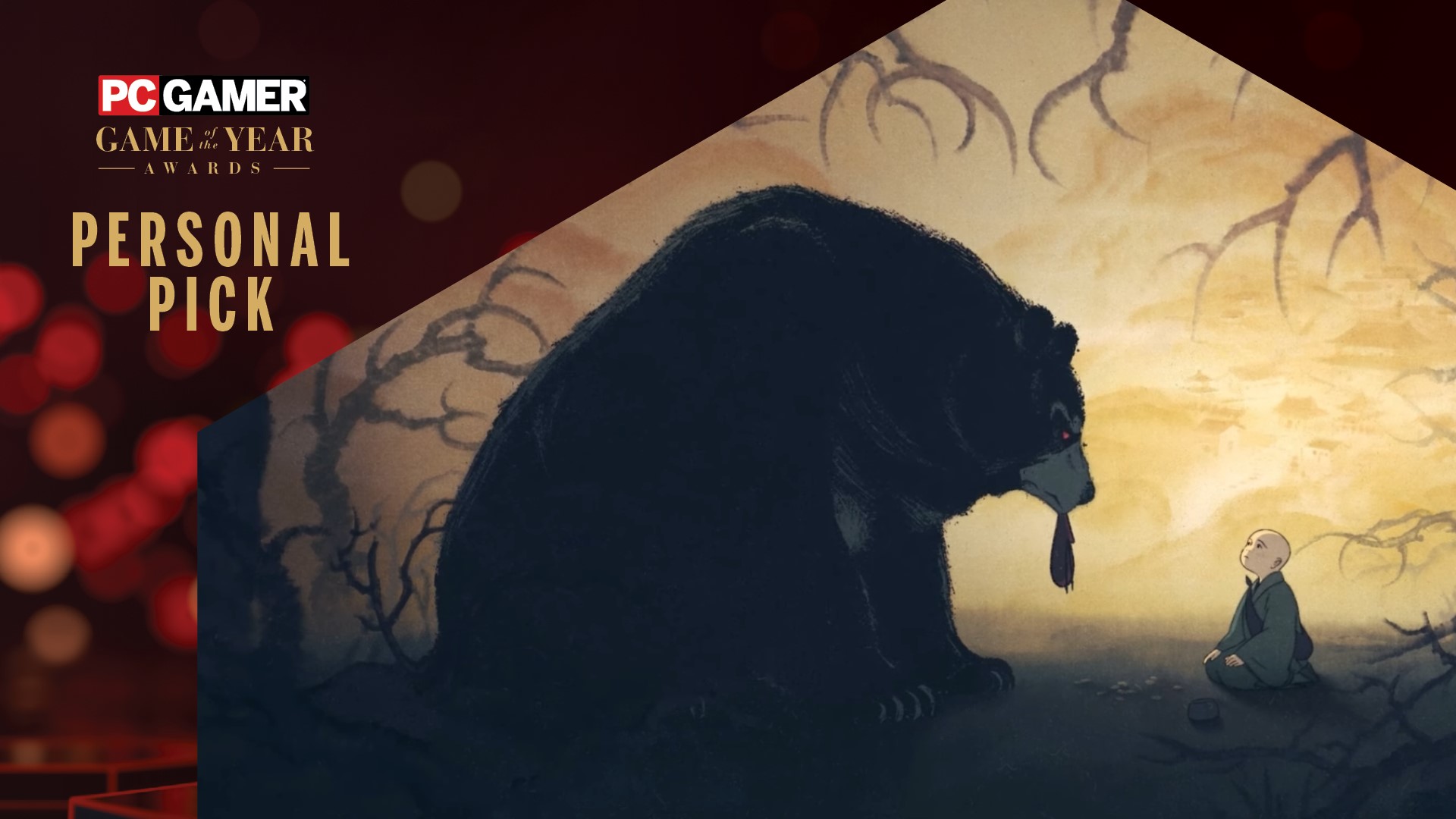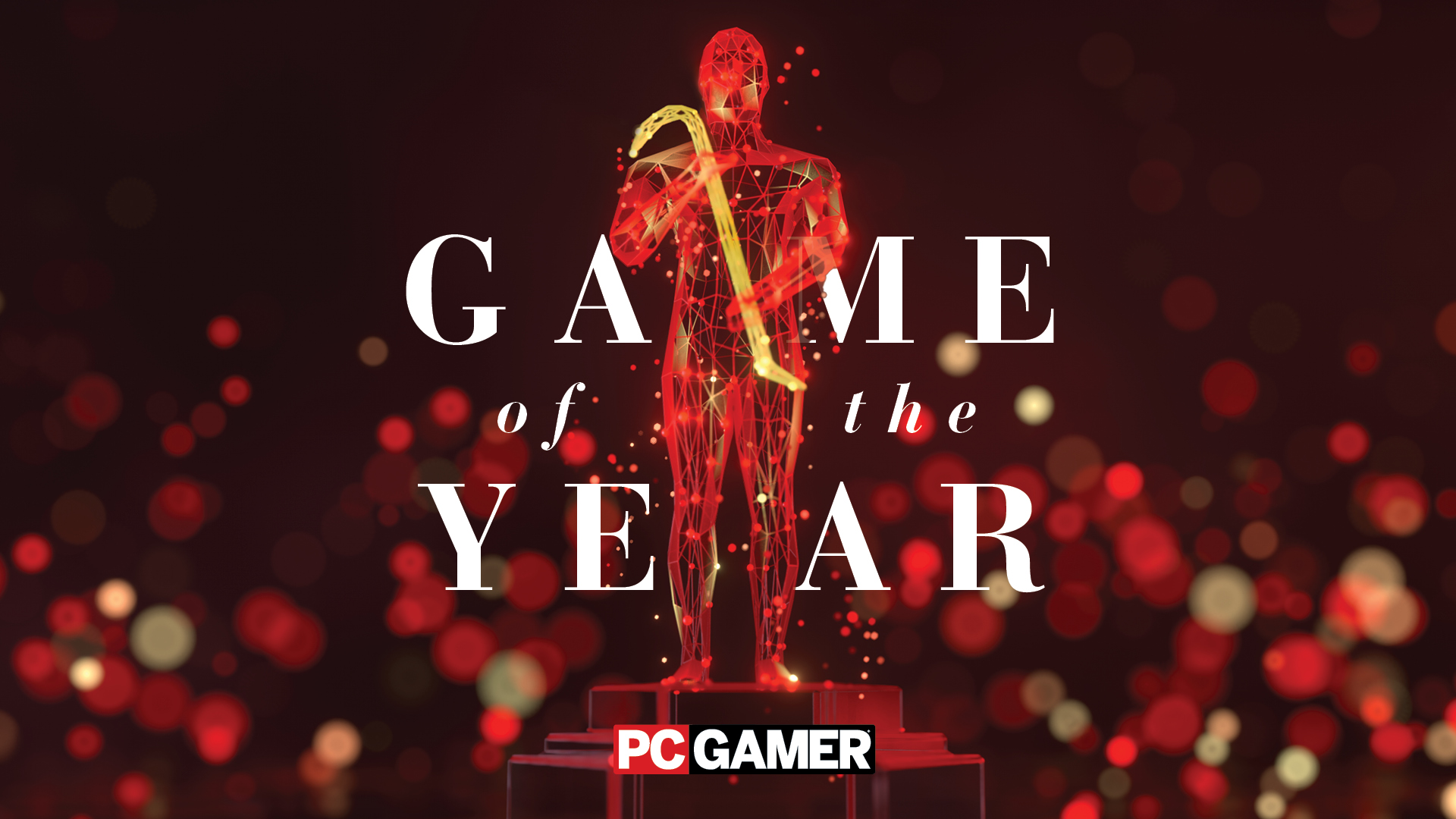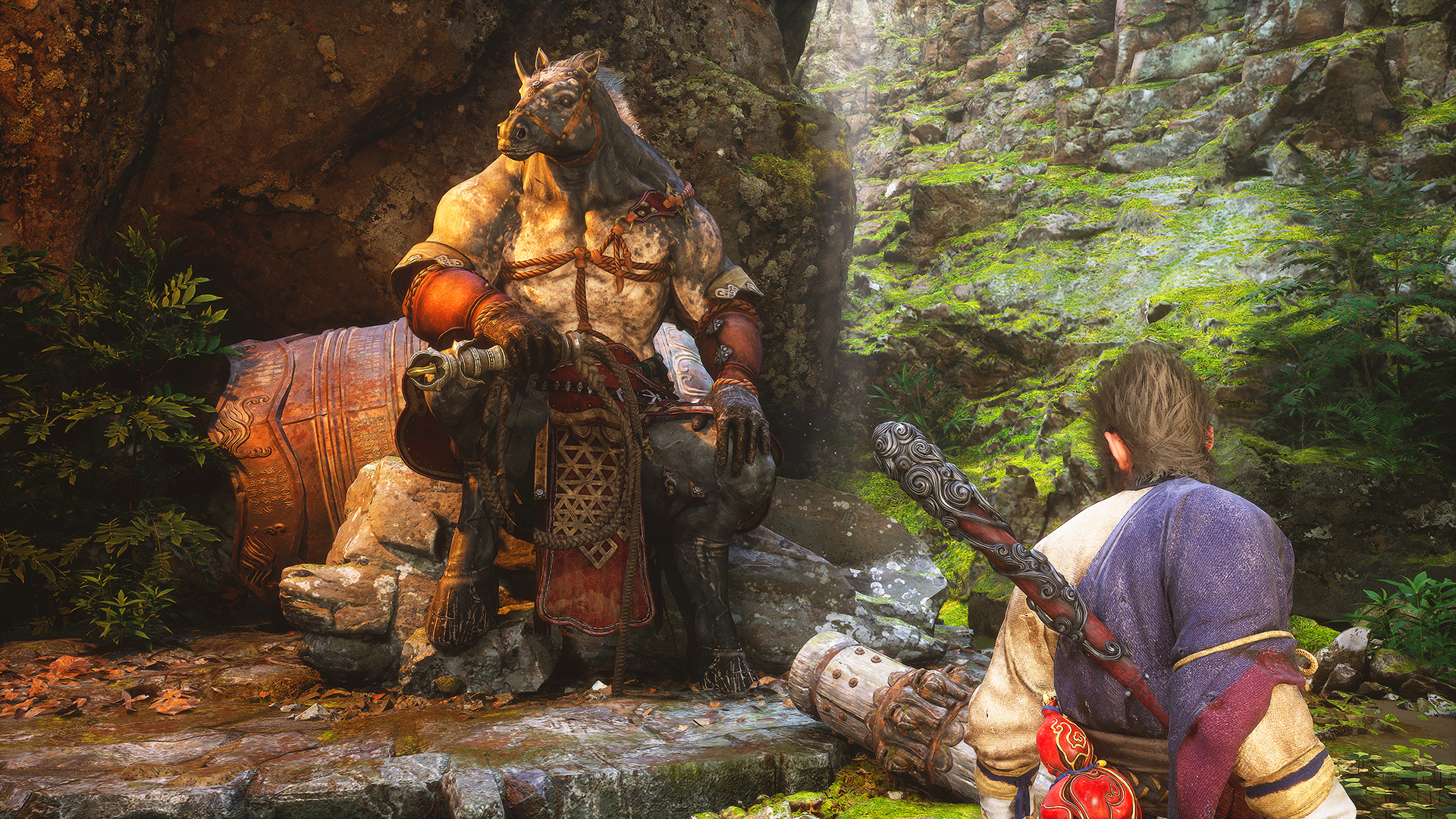

In addition to our main Game of the Year Awards 2024, each member of the PC Gamer team is shining a spotlight on a game they loved this year. We'll post new personal picks, alongside our main awards, throughout the rest of the month.
I'm going to level with you, dear reader—I know very little about Chinese mythology. Beyond my interest in the Three Kingdoms period, mainly brought about through strategy games, it's not something I've ever really been exposed to. However, year after year, I bang on about the exciting versatility of the soulslike genre and how it's the perfect vehicle for exploring new settings and mythologies.
With Enotria: The Last Song channeling Italian folklore and Black Myth: Wukong inspired by Journey to the West, it's been a decent year for soulslike fans looking for settings more grounded in real-world mythology than last year's Lies of P and Lords of the Fallen. While I personally found Enotria to be a bit too clunky, I think Black Myth: Wukong is the perfect poster child for what this genre can be.
Many accuse Black Myth of being too easy, but I agree with Tyler that it's a fantastic first soulslike if you've struggled with harder games—this isn't just a genre for those who crave difficulty or want the challenge of overcoming a nightmarish boss. If anything, I applaud Black Myth as a linear soulslike with bosses you don't have to endlessly bash your head against.
Post-Elden Ring, it's hard not having the option to seek out something else in the open world and come back later, and in a game with as many bosses as Black Myth, making them too tough would kill all momentum.
Black Myth's absurd production values also help realise its world. With little knowledge of the mythology, I was able to just drink in the pure magic of the setting—that opening cutscene is the perfect example. You've got this instantly likeable monkey king making wisecracks as he defends his mountain against the assembled armies of heaven, and the result is the most cinematic soulslike intro I've ever seen.
With each chapter, Black Myth presents areas filled with spectacle and stories. Some you have to seek out—as with each region's secret areas and quests—while others are told through the characters you meet, and shown in the gorgeous animations at the end of each chapter:
These cutscenes, in particular, demonstrate such a level of care and authenticity in regards to the world—I was honestly speechless when I saw chapter two's stop-motion sequence. No matter what you think of Black Myth: Wukong as a soulslike, I think the effort it puts into realising its setting is undeniable, and that makes it a really special game for fans of the genre who are familiar with the mechanics but want something fresh to explore—a rare example of a game not trying to imitate Yharnam or Lordran.
Take chapter two, for instance. You wake in a desert, riddled with arrows, to find a headless priest serenading you—somehow—with a sanxian; a kind of shamisen-like instrument. As you explore the area, fighting its rat-men denizens, the priest keeps popping up and his songs transform into the region's soundtrack; a genius way of subtly hinting at the area's lore, the tragedies that occurred there, and the priest's identity.
There's the Pagoda Realm in chapter three; a Tower of Latria-esque prison centered around a gigantic prayer wheel, which plunges the area into madness when it starts spinning, increasing the difficulty and variety of enemies. It'll feel familiar to anyone who's played Demon Souls, but it's such a fresh way of reimagining that concept.
This is what Black Myth: Wukong does best for me; consistently realising its setting in fun and surprising ways. That's not to say it isn't a decent soulslike, either. It doesn't have the loadout versatility you might find in other examples of the genre, but its skill system has a lot of depth, and because of its less stringent difficulty, you can kind of decide how deep you go. You can weave together combos and spells to tackle its tougher bosses and change your gear to reflect your chosen playstyle.

It still has the familiar mechanics of the genre—gathering currency from enemies to level, healing flasks, tricky bosses, shrines you return to when you die and respawning enemies, but it also brings in a lot of its own smart ideas. I particularly enjoyed the spirit system, which sees you collect enemies and bosses like Pokémon, and use them to perform special one-off attacks. Spells are also very fun, like A Pluck of Many, which lets you summon a bunch of monkey clones to pummel the enemy into submission.
If you missed out on Black Myth: Wukong this year, but you're a soulslike fan who wants a fresher take on the genre, I wholeheartedly recommend checking it out. Perhaps it's due to my lack of familiarity with the original tale, but there were so many moments while playing it where I was pleasantly surprised by the rich and imaginative in which it told its story. For me, Wukong really is a must-play if you're curious about recent soulslikes and what the genre can do.







